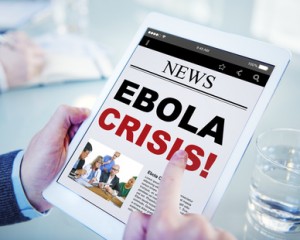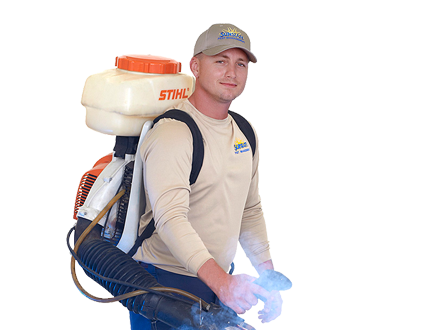

Ebola is certainly a big topic in the news lately. The disease ravages the body and there is no cure. Although some people do survive the disease, many do not and will die a horrible death.
There have been very few cases of Ebola reaching the United States and none currently in Florida. However, one of the US cases did come through Florida. A plane landed in Fort Lauderdale with an Ebola victim prior to her showing symptoms. The plane, one of Frontier Airlines, has not only been thoroughly cleaned several times, the seat covers were replaced and all passengers who flew on that plan within 24 hours of the victim were contacted and monitored. The risk of contracting Ebola from that flight was very low and so far, no one’s showed any symptoms.
What are your chances?
If you’re not a healthcare professional and you don’t routinely fly on airplanes, the risk of even being exposed to Ebola is so super low that it’s close to zero. If you are a healthcare professional or do fly on airplanes, your risk is slightly higher, but not much unless you directly travel to or come into contact with someone from a country with a high rate of infection, such as Liberia or Sierra Leone.
Special Note: Call Sunstate Pest right now and get 10% off first treatment. Just tell us promo code SUNSTATEWEB2014. Just call 1-800-781-PEST
What is Florida doing?
Florida officials are monitoring several officials who are considered low-risk. These people returned from areas that are heavily infected, but self-reported to have no direct contact with anyone who was sick. Out of concern for privacy, the names and locations have not been released, but there is no indication any one of these individuals lives or stays in Brevard County.
The people who are being monitored are being done so by county authorities and are being checked twice per day for 21 days. They are not under quarantine. Health officials have also created support packages and delivered these to multiple hospitals should a case of Ebola show up unexpectedly. Multiple officials and caregivers have also been sent to Texas to review the procedures and techniques used in Dallas in order to become better educated.
What you can do
Even though the risk of contracting Ebola is extremely low, you might still feel better taking some precautions. Don’t travel by air unless you really have to and avoid all contact with someone else’s body fluids. By the way, if you follow guidelines to avoid the flu virus, you are also avoiding the Ebola virus. These include: washing your hands often, sanitizing your work area, keeping your hands to yourself, limit touching public items like handrails or water fountains, and keeping your hands away from your eyes, nose and mouth.
